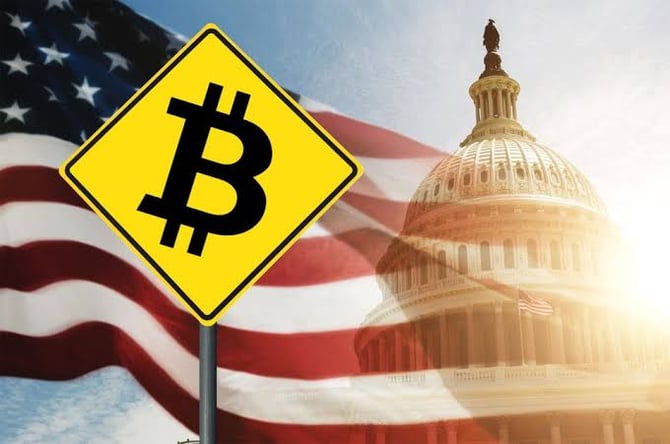U.S. Leads Worldwide Crypto Regulation

In a year marked by substantial legal actions within the crypto industry, the United States has taken the lead in enforcing regulations and penalties against major crypto players. This move positions the US as a global leader in crypto regulatory frameworks.
The SEC's $4 billion settlement with Binance, along with lawsuits filed against five crypto companies, demonstrates the US's commitment to confronting the sector's bad players. However, concerns have been raised that the "regulation by enforcement" approach adopted by US authorities may stifle innovation.
The SEC has brought more than 200 crypto-asset and cyber enforcement actions since 2014, emphasizing the risk of offering and trading cryptocurrencies without proper compliance.
Crypto firms have responded by investing more heavily in international operations, with a threat to decamp from the US altogether if the enforcement-led regulatory dynamic continues.
Europe is also stepping up its crypto regulatory game with the European Union's Markets in Crypto-Assets Regulation (MiCA) set to apply in full force from next year. MiCA aims to address fraud, money laundering, and other illicit financing in the crypto space and tackle potential threats from stablecoins.
In Asia, Singapore, once bruised by the collapse of TerraUSD and Three Arrows Capital, has finalized rules for stablecoins, emphasizing low-risk, highly-liquid asset backing and transparent auditing. Hong Kong is also working on a regulatory framework for stablecoins, scheduled for introduction next year.
What does this mean for me?
Despite the US's dominant role in global finance and its focus on consumer protection, resulting in a leading position in crypto regulation, other jurisdictions are developing robust regulatory frameworks, creating a diverse regulatory landscape worldwide.
More News

Crypto Turmoil Finds New Drivers as Bitcoin Struggles to Rebound
3 days ago
.WEBP)
Bitcoin Stable After Sharp Selloff Erases 2025 Gains
1 week ago

Bitcoin Rallies as US Shutdown Sends Traders to Safe Havens
1 month ago

Washington Fuels Record-Breaking Crypto Rally
3 months ago

Bitcoin Rockets Past $115K as Traders Pounce on the Dip
3 months ago

US Moves to Regulate Stablecoins in Major Crypto Breakthrough
4 months ago

Bitcoin Surges Past $120,000 as ETFs Drive Momentum
4 months ago

Singapore to Freeze Bank Accounts Amid $860 Million Scam Surge
4 months ago